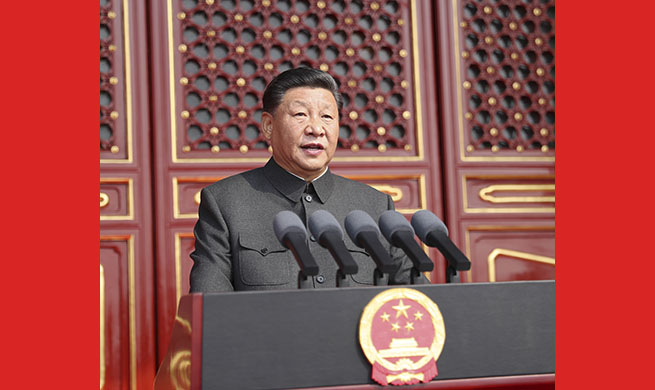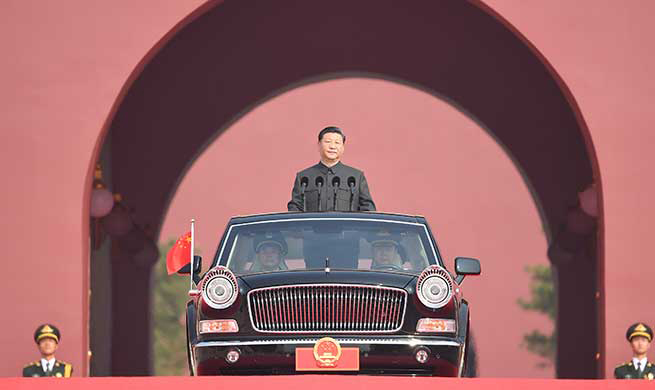MANILA, Oct. 7 (Xinhua) -- The World Health Organization (WHO) in the Western Pacific Region expressed concern on Monday over the growing threat of obesity, especially to the children in the Western Pacific region.
WHO Regional Director for the Western Pacific Takeshi Kasai said in a news conference that an estimated 7.2 million children in the region are already overweight by the time they turn five years old.
It is estimated that around 84 million people aged five to 19 years old in the region are overweight, which is "much more than any other regions," he added.
Kasai is worried the situation could worsen as these children grow old, saying children will have higher risk for non-communicable diseases (NCDs) like hypertension, diabetes, and obesity.
WHO has been spearheading a campaign to rein in lifestyle diseases linked to obesity, which officials blame for 80 percent of deaths among the 1.9 billion people of the Western Pacific.
"It's very alarming because we know that children who have healthier habits at the earlier stage of their life will continue to have a healthy lifestyle," Kasai said.
"In other words, those children who cannot establish those kind of lifestyle at the earlier stage of their life, will have much higher risk and hypertension, diabetes, basically those NCDs are risk to our regions in the future," he added.
The issue on how to protect children from the harmful impact of food marketing is one of the major topics that will be discussed during the five-day meeting of health ministers and senior officials from across the Western Pacific region which kicked off on Monday.
The meeting aims to set priorities and discuss actions to protect and promote the health of the region's nearly 1.9 billion people.
At the 70th session of the WHO Regional Committee for the Western Pacific, the health leaders will discuss on how to accelerate action to fight antimicrobial resistance; tobacco control; and promote the well-being into an older age.
The health ministers and senior officials representing 37 countries and areas across Asia and the Pacific will discuss a policy paper developed to respond to current and future health challenges in the region.
Indeed, Kasai said the region "faces many new and increasingly complex (health) threats."
The Asian Development Bank projects that the Asia-Pacific economy will double in size in the next ten years. "A regional economy twice the size of what it is today means a totally different world -- with vast implications for health and health services," Kasai said.
















